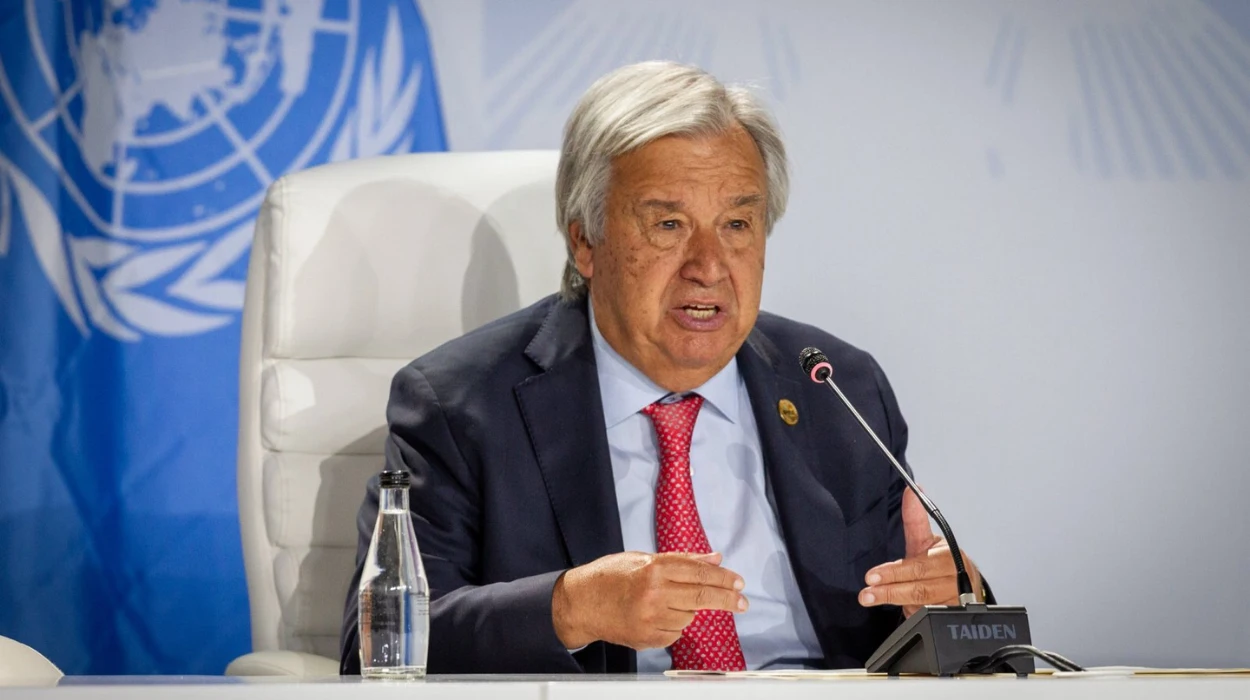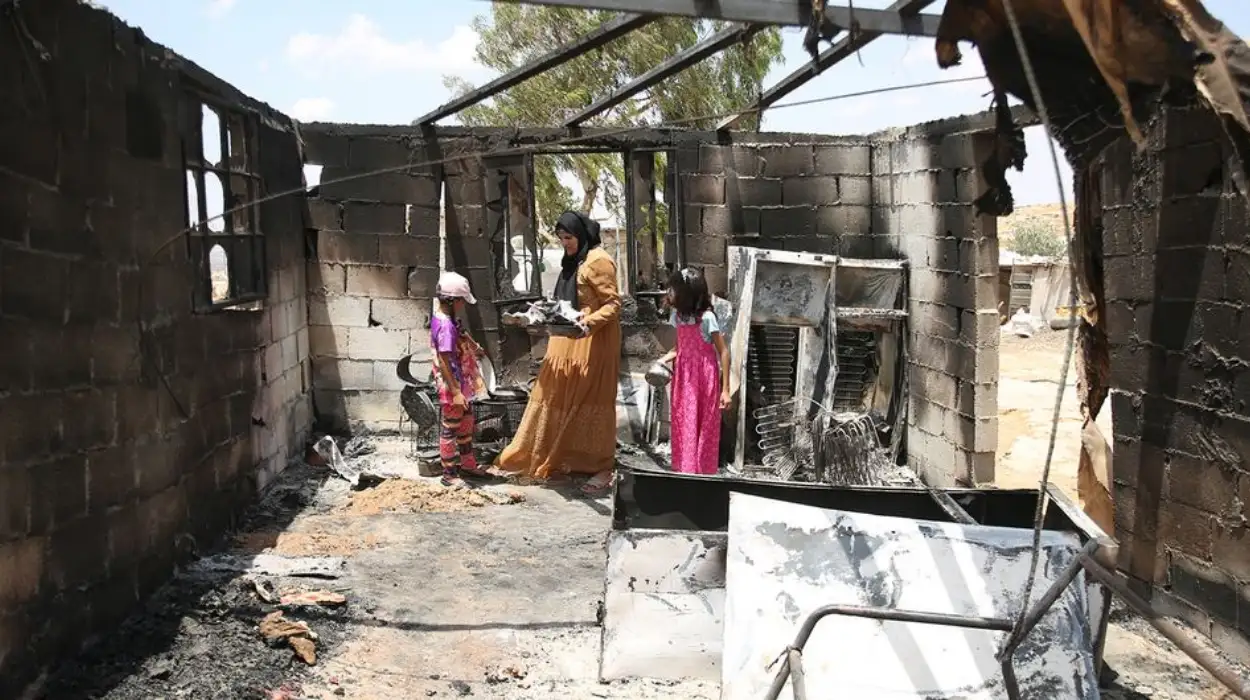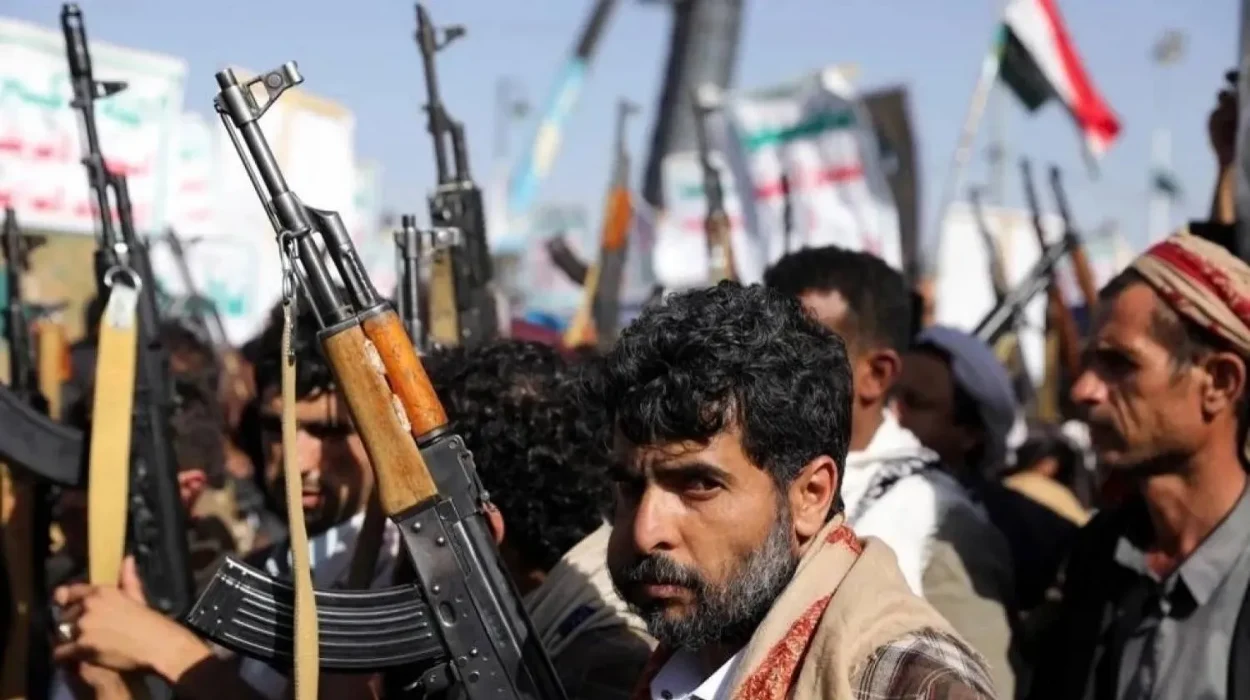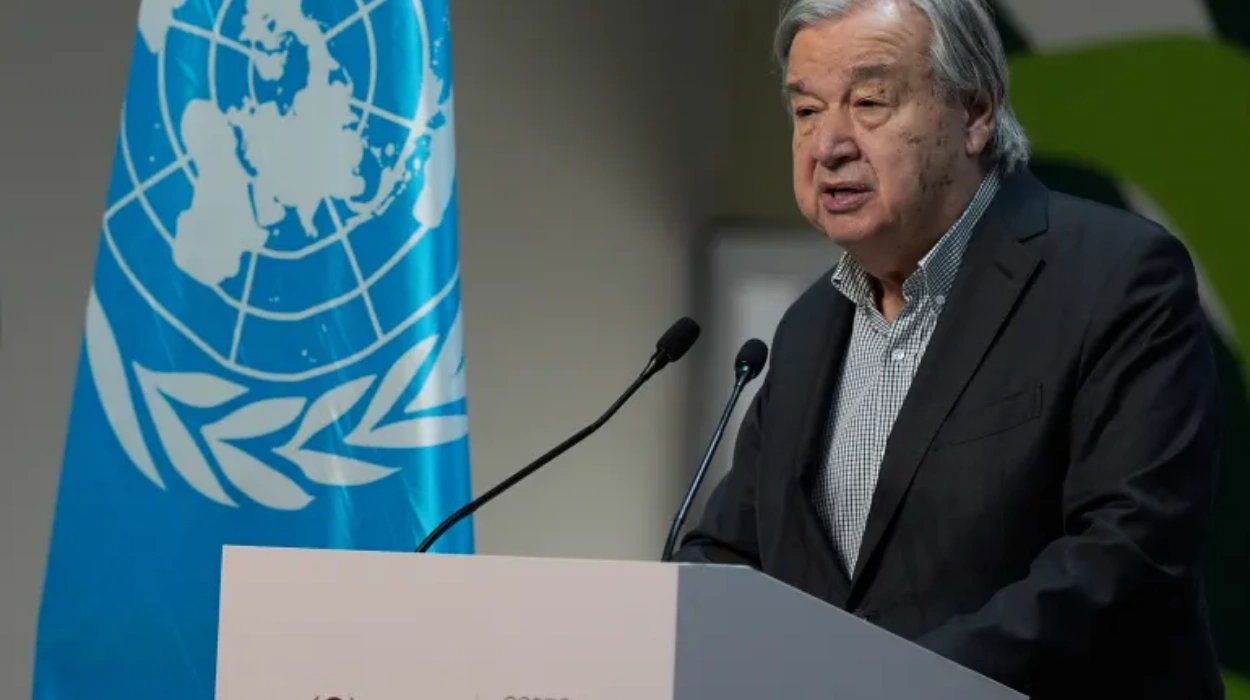In a UN Security Council Arria-Formula session, the delegates of over 80 countries reiterated their dismay with unilateralism, retaliatory tariffs and the impact they would have on the global economic system.
The Global South conveyed in one voice its opposition to unilateral trade policy measures, with developing nations highlighted to bear disproportionate impacts from these measures.
The growing deployment of unilateral trade instruments, such as tariffs, represents a new expression of “economic and political coercion,” asserted Samuel Moncada, permanent representative of Venezuela to the United Nations (UN), on behalf of 19 members of the Group of Friends in Defense of the Charter of the United Nations.
“We most forcefully warn that under today’s context, tariffs will take an extreme toll both on the aimed-at countries as well as on the international commerce system, above all on the right to developing countries from the Global South to develop, and calling upon all concerned members of the international community before these,”
declared Moncada.
Cuba’s permanent envoy to the UN, Ernesto Soberon Guzman, stated adamant rejection of coercive unilateral measures, commercial warfare and punitive duties, affirming that they “transgress international law and the UN Charter and affect trade and world economy.”
“These actions are not only unjust, but they complicate the achievement of Agenda 2030 and the right to development of our peoples. The commercial war may trigger a global recession and aggravate the mounting threats to the international order, and it will harm mostly developing countries,” said Guzman.
European countries expressed the same concerns. They warned that further tariff use risked undermining the rules-based international trading system.
Ioannis Stamatekos, Greece’s deputy permanent representative to the UN, emphasized the crucial role of the multilateral trading system. It also included the role it has played in achieving the UN’s Sustainable Development Goals.
He called for “a recommitment to the principles of transparency, accountability and reciprocity in global trade relations.”
Troels Grabow Bay, political coordinator of Denmark’s UN Mission, stated that the increased application of tariffs has “substantial negative impacts on the world economy, increases costs for consumers, and disturbs global supply chains.”
The Danish delegation indicated that the lowering of barriers and promotion of open markets would stimulate innovation, curb poverty, and offer consumers greater choices at lower prices.
“An open global trading system is not only an economic tool or framework, but the very embodiment of our collective commitment to multilateralism,” he stated.
Fu Cong, China’s permanent representative to the United Nations, chaired Wednesday’s session. He cautioned, “Unilateralism is on the increase, and bullying behaviors prevail.”
“They seriously affect the UN-centered international system, openly challenge the international order based on international law, undermine the basis for sustainable development, and endanger world peace and stability,” Fu said.
Wang Huiyao, head of the Center for China and Globalization, believes that the US’ high tariffs, economic sanctions, technological blockades and decoupling measures are significantly restricting the room for trade among developing countries and reversing overall global gains in poverty alleviation, education, and health.
Jeffrey Sachs, head of the Center for Sustainable Development at Columbia University, said the U.S. use of tariffs “disregards multilateralism” and “disregards the U.S. Constitution.”
“There is no rationale for these unilateral tariffs,” Sachs said. “They are counter to multilateralism, and in my view, counter to the U.S. Constitution as well, which gives the power to raise tariffs to Congress, not the president.”









